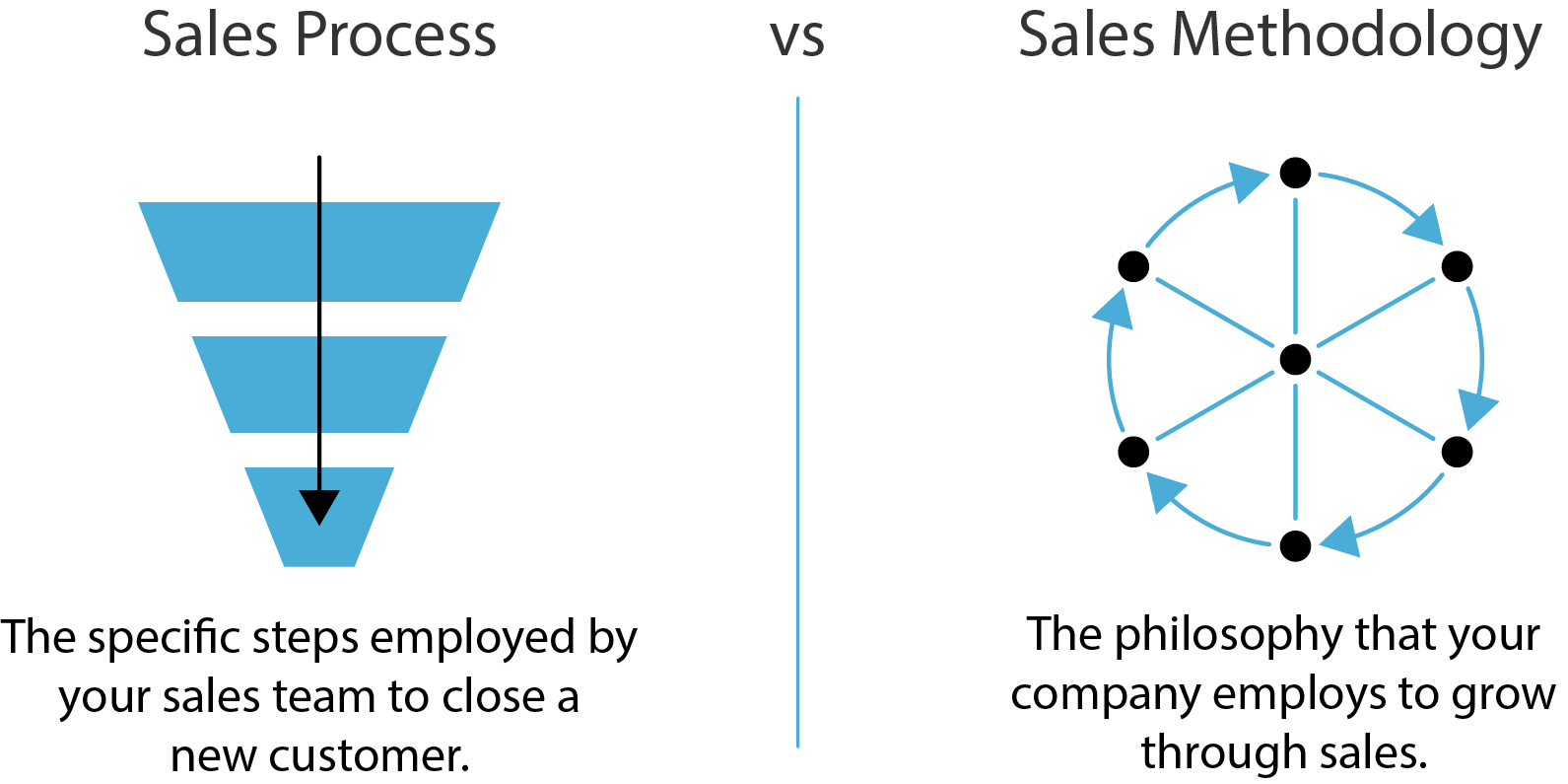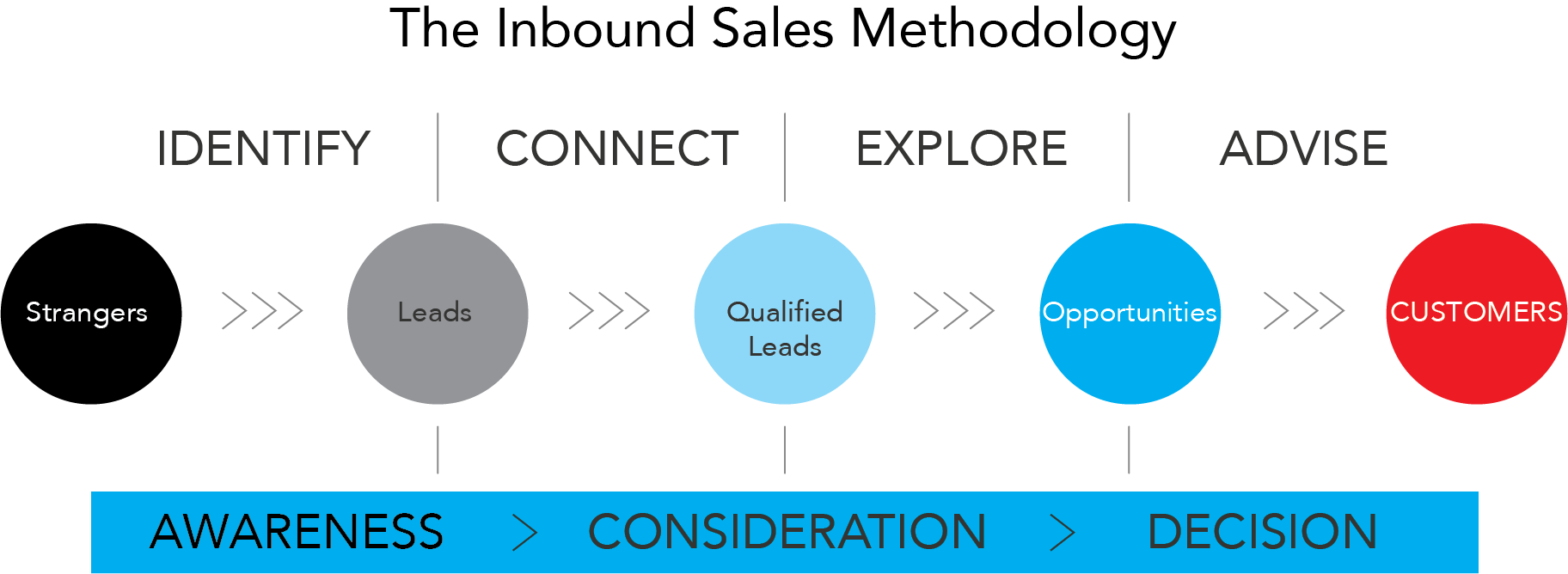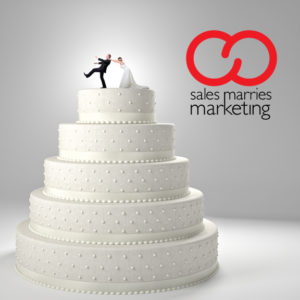What is the difference?
If you’ve heard the phrase “sales process,” you’ve probably also heard the phrase “sales methodology.” There's a difference -- and it’s important to understand.
- “Sales process” refers to the specific, concrete set of actions your team follows to close a new customer.
- “Sales methodology” refers to the framework for how different parts of your sales process are actually carried out.
The next natural question -- do you need both? The answer is probably, "Yes." While your sales process is the high-level map of steps your team takes, within each step, you should be aware of the different methodologies that can guide how members of your team actually approach the sales process.
Popular Sales Methodologies
It’s worth considering the finer points of how your team should carry out their day-to-day selling activities. Choosing a sales methodology sets the foundation for your sales team as they approach their work.
Challenger Sales Methodology
“The Challenger Sale” is a sales methodology that rose to popularity after Matthew Dixon and Brent Adamson published a book by the same name. “Challengers” are characterized by their willingness to learn about a customers’ business, and to push the customer or challenge their preconceptions during the sales process.
Solution Selling
First popularized in the late 1970s and early 1980s, solution selling focuses on the customer's pain instead of his or her own company's products. Products are framed as solutions, and emphasis is placed on achieving agreement on what a resolution of the customer's pain would look like.
Sandler Sales Methodology
The Sandler Sales Methodology treats the buyer and seller as equally invested in the sales process. Sandler reps are trained to address objections early, so valuable time is saved for both parties. Instead of the seller convincing the buyer to make a purchase, in the Sandler methodology, the buyer is almost convincing the seller to sell to them.
Consultative Selling
An outgrowth of solution selling, consultative selling also became popular during the 1980s. Consultative selling places the emphasis on the salesperson becoming a “trusted advisor” to the customer, gaining authority and trust over time.




